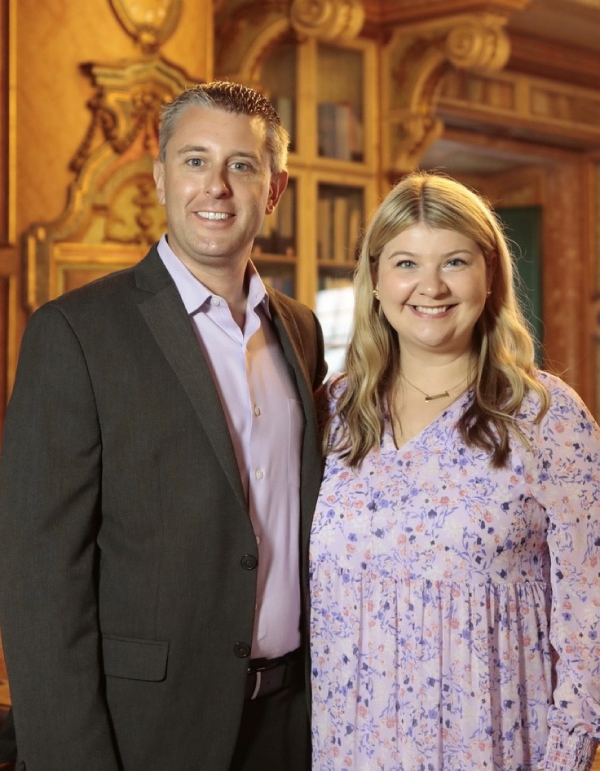With minimally invasive spine surgeries and compassionate, expert caregivers, Wellstar’s spine patients are returning to their routines, pain-free.
Brenda Hawkins was having problems with her neck, and it got to the point where she couldn’t lift her arms above her head.
As her issues got progressively worse, she sought care from neurosurgeons who were unable to treat her. Then, she went to Wellstar North Fulton Hospital, where she not only found a solution, but a true healthcare partner.
Dr. Basheer Shakir, a neurosurgeon at Wellstar North Fulton Hospital, specializes in spine and neck procedures that are minimally invasive, reducing recovery time for patients. Through the front of Brenda’s neck, he was able to remove discs that were pinching her nerves and causing neck and arm pain. She went home from the hospital the next morning.
A few months later, Brenda found herself struggling with a lower back issue that made it hard to walk. She returned to Dr. Shakir, who presented her with another option that was minimally invasive. This time, he did a procedure through the side of her spine to decompress her nerves and fuse her lumbar spine. She was able to walk out of the hospital three days later.
Brenda said Dr. Shakir is "such a great person and did a great job.”
“He's very personable. I just wanted to walk again, and he enabled me to do that,” she said.
Brenda is one of many patients who have benefited from spine surgery at Wellstar North Fulton Hospital. Spine surgery doesn’t just fix back pain — it can also address issues including weakness, loss of dexterity, numbness, bowel or bladder issues and improper posture.
Solutions for long-term pain
Liz Helgesen had been dealing with low back pain for 20 years. She couldn’t sit for long periods of time, travel on long car rides or get dressed and put shoes on, and she was experiencing muscle spasms after performing simple tasks. To deal with the pain, she had tried several methods including exercise, yoga, physical therapy, dry needling and medication.
Dr. Shakir was also able to help Liz, performing a procedure to shave the bone and make room for the nerves that were being compressed.
Just three months after her surgery, Liz is able to turn and bend without back pain, and she has told her friends and other healthcare providers about how Dr. Shakir has helped her live more comfortably.
Finding a healthcare family after injury
Jeff Chandler has also been able to recover with the help of Dr. Shakir and the team at North Fulton. When Jeff fell off a roof last year, he snapped his pelvis in half and broke his ribs and right shoulder. His July 2020 surgery rebuilt his pelvis and sacrum, stabilized his lower spine and decompressed the nerves.
Jeff said his inpatient rehabilitation care team at North Fulton became like family as he began recovery. He’s now able to walk again with no support after the surgery done by Dr. Shakir.
“Dr. Shakir is great. He is kind, encouraging and realistic — which can be scary, but he is very thorough and a good listener,” Jeff said. “He focuses on the bright side of things and did an awesome job in surgery. He is confident and comfortable.”
Wellstar’s expert neurosurgeons can help stop pain, reduce spine degeneration and help you get back to your everyday routine.
“North Fulton offers state-of-the-art procedures and all modern, minimally invasive techniques that allow operations to be done outpatient or with a very short hospital stay with speedy recovery,” Dr. Shakir said.
To make an appointment with Dr. Shakir and find out if spine surgery is the solution for you, call (770) 664-9600.





